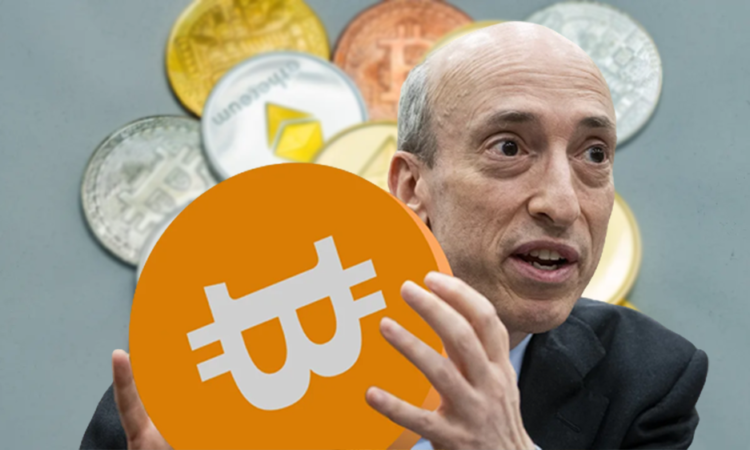
During the Piper Sandler Global Exchange & Fintech Conference on June 8, Gary Gensler, the SEC Chair, drew a parallel between the current state of the crypto market and the U.S. stock market in the 1920s. Gensler referred to the crypto market as being filled with “hucksters,” “fraudsters,” and “Ponzi schemes.” He emphasised that just as securities laws helped clean up the stock market, the SEC can also regulate and clean up the crypto market by applying these laws.
Gensler praised the effectiveness of the Securities Act of 1933 and the Securities Exchange Act of 1934, highlighting how these laws facilitated the growth and success of the U.S. securities markets over the past 88 years. He argued that the crypto securities markets of today should also benefit from the same protections provided by these laws, as they are equally deserving.
Referring to the Telegram Open Network court ruling, Gensler said that even if crypto asset securities possess utility, they are not exempt from securities laws. He quoted the courts, stating that additional utility does not exclude crypto asset security from being defined as an investment contract.
According to Gensler, crypto security exchanges must adhere to securities laws, including the separation of exchange, broker-dealer, and clearing functions. He believed that such separation helps mitigate conflicts that may arise from the mingling of these services, and he refuted claims that this separation is unattainable, stating that it simply requires effort.
Gensler underscored the prevalence of scams in the crypto market, which he attributed to the industry’s failure to comply with securities laws. The solution lies in ensuring that issuers of crypto securities abide by the law, as non-compliant markets are more susceptible to fraudulent activities.
As the Chair of the SEC, Gensler has faced criticism from the crypto industry, mainly due to the SEC’s lawsuits against crypto exchanges Binance and Coinbase. Critics claim his regulatory approach is overly expansive, stifling innovation within the United States.






